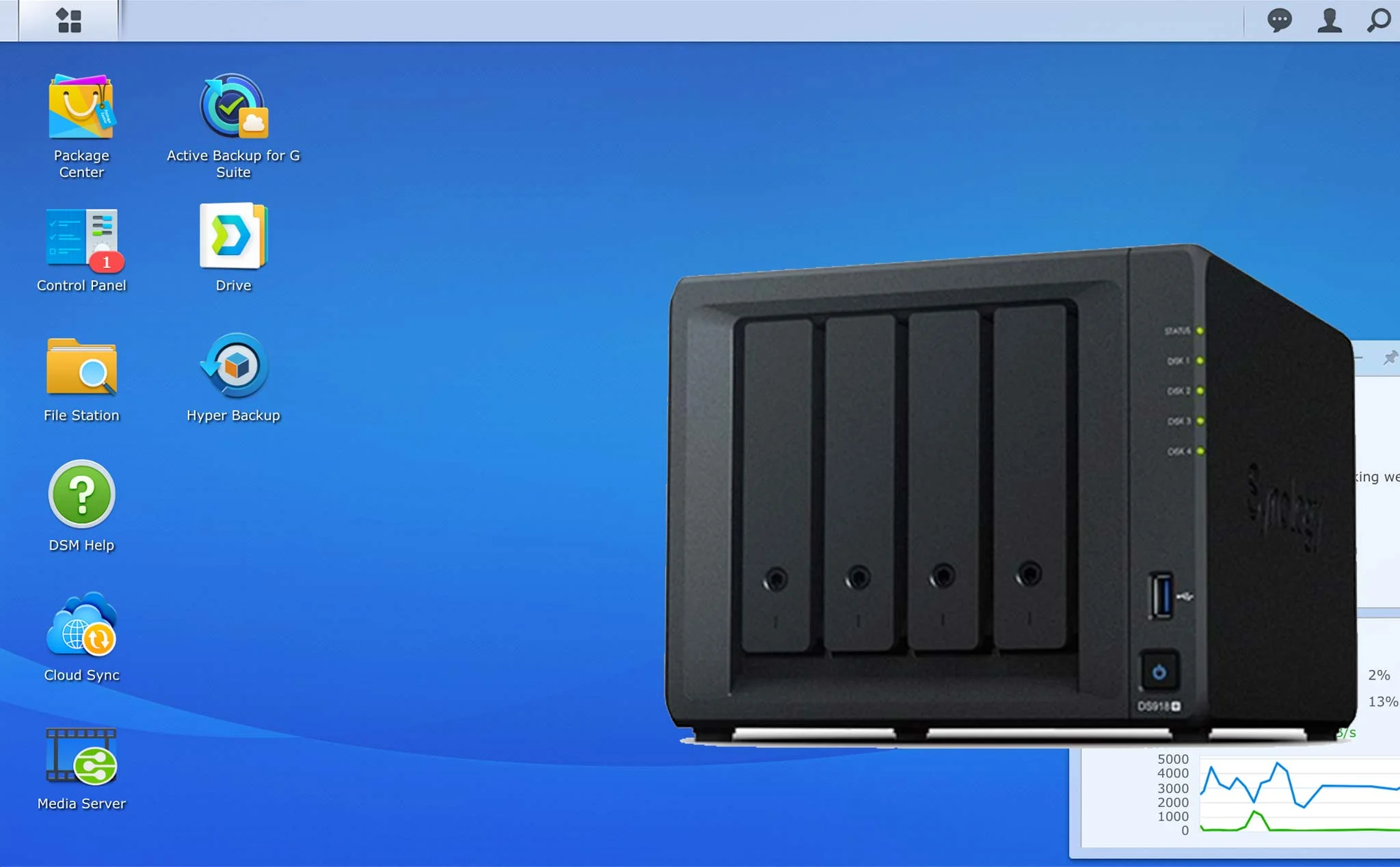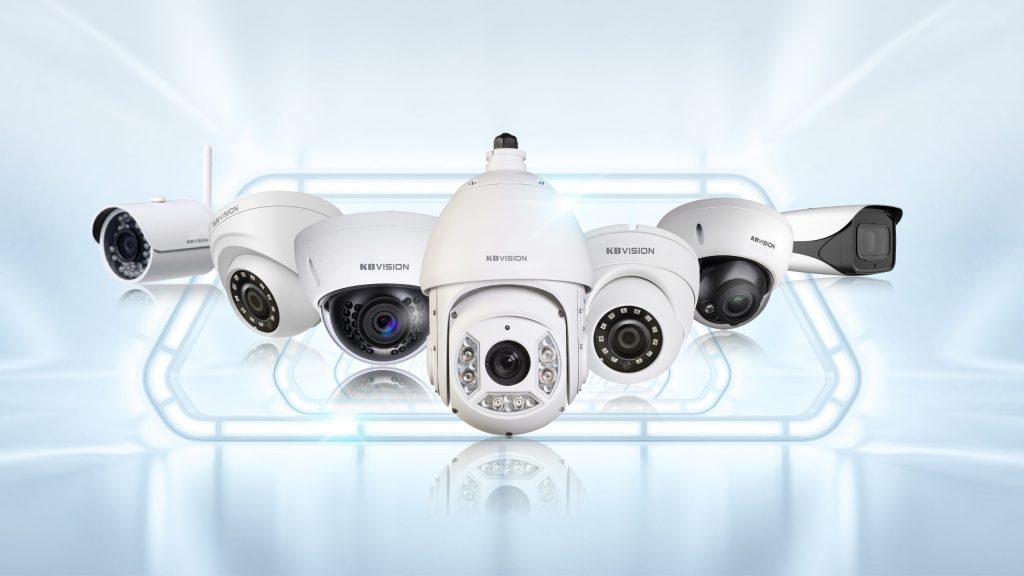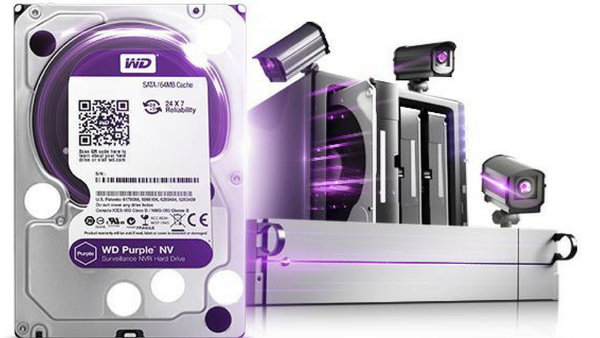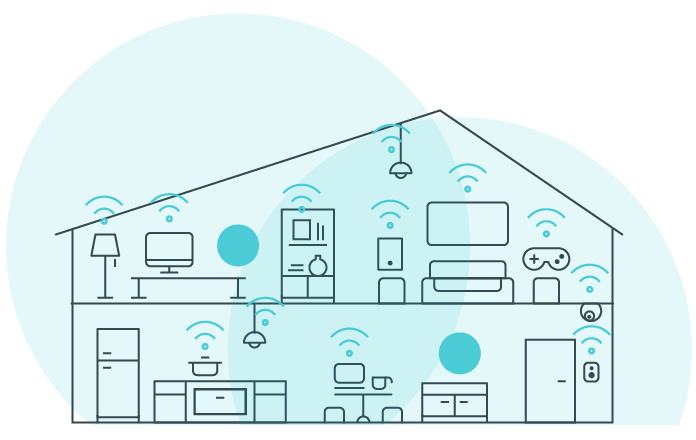Hi everyone, roaming wifi technology has been developed more and more widely in many parts of the world, but many of you do not understand what roaming wifi is and what is different from Mesh wifi, today I will share and answer a part for you to understand better in this article
Contents
1. What is Roaming Wifi?
Roaming wifi technology is a feature that allows devices to connect to wifi when moving back and forth between Access Points (APs) with different coverage areas quickly and seamlessly, helping your device always ensure the best wifi connection signal and no interruption
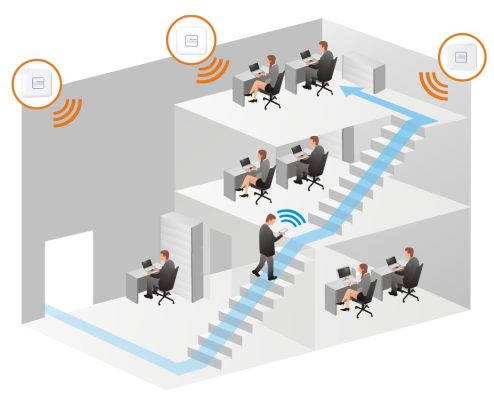
- APs (access points) must create wave interference zones with each other, so the installation distance between APs must be carefully calculated.
- The SSID information of the APs must completely match (wifi network name, password, encryption mode of password).
- Wi-Fi transmission channels on APs must not overlap to limit interference when the transmitter channel coincides.
- The APs in the roaming system should be of the same manufacturer so that the APs achieve the highest compatibility.
2. The benefits of Roaming Wifi
- Maintain a seamless WiFi connection as you move from room to room
- Helps detect the AP with the strongest signal strength
- Avoid packet loss or service interruption due to long-term authentication.

3. Compare wifi mesh and roaming wifi
- Roaming wifi advantages:
- The APs all plug in the LAN cord from the same router/switch main IP feed, so the network speed will not be reduced when roaming the area between the APs.
- The connection speed in each AP zone is almost always stable.
- In addition, Roaming centrally manages by cloud for many different addresses.
- Cons Roaming wifi:
- The cost of constructing the system is high when the price of equipment with roaming is still very high.
- Requires system managers to be tech-savvy.
- Wifi Mesh Pros:
- The coverage area is large and the signals in the area are always throughout.
- Save time on configuration, maintenance and installation by simply configuring and managing it all on the main node.
- The wifi signal on the client when roaming has no latency.
- Wifi Mesh Cons:
- The cost of installing Wifi Mesh is a bit expensive.
- Wifi Mesh wave is not for everyone, it is suitable for hotels, restaurants, resorts, homestays ,…
- Some Mesh networks do not have advanced features such as: limited access, guest mode, parental controls,…
4. Application of Roaming wifi and wifi Mesh
- Roaming wifi is deployed for large projects such as wifi construction for commercial centers, resorts, hospitals, hotels … Because these places require wifi speeds to be stable, the network speed of each AP device must be stable, equivalent and a large, dedicated management system (usually centralized management via server). Moreover, the construction of a wifi roaming system requires large costs and managers must understand professional knowledge. Therefore, this system is often not widely applied to households and small spaces.
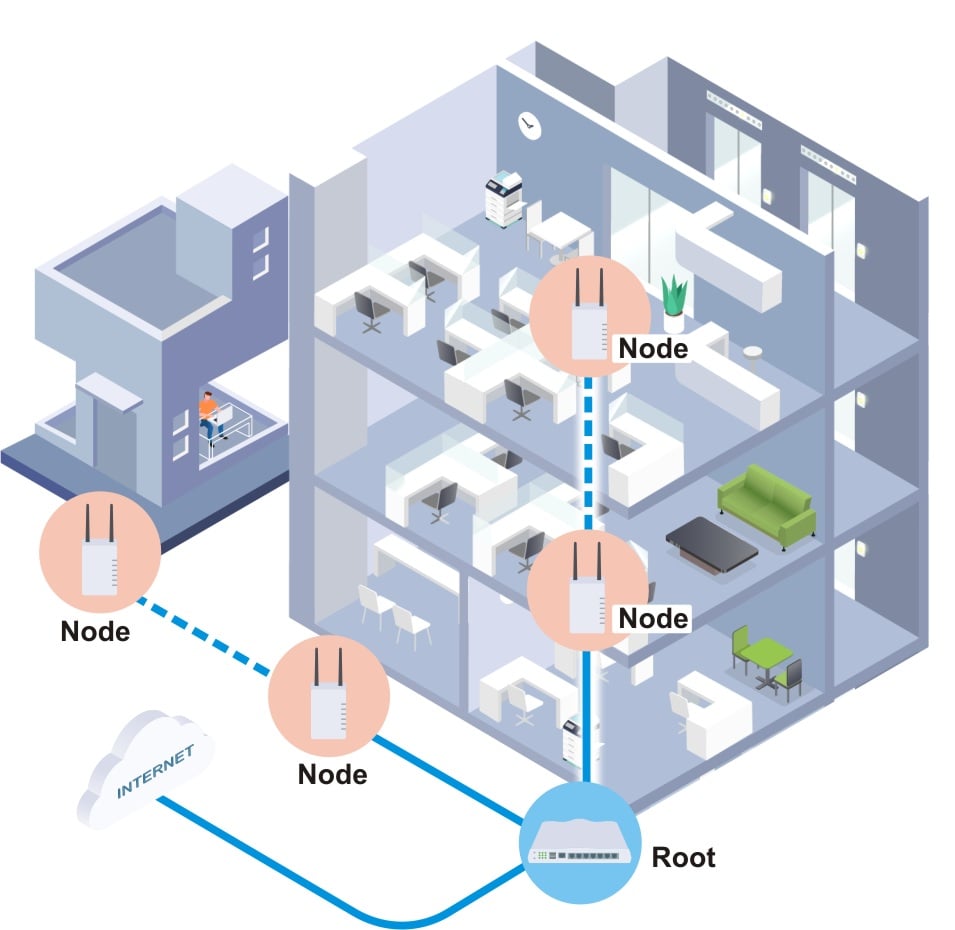
- Wifi Mesh is suitable for the needs of families as well as small businesses. For small businesses, homes usually won’t require a complex network management system. Moreover, the wifi mesh system ensures convenience and aesthetics when constructing.
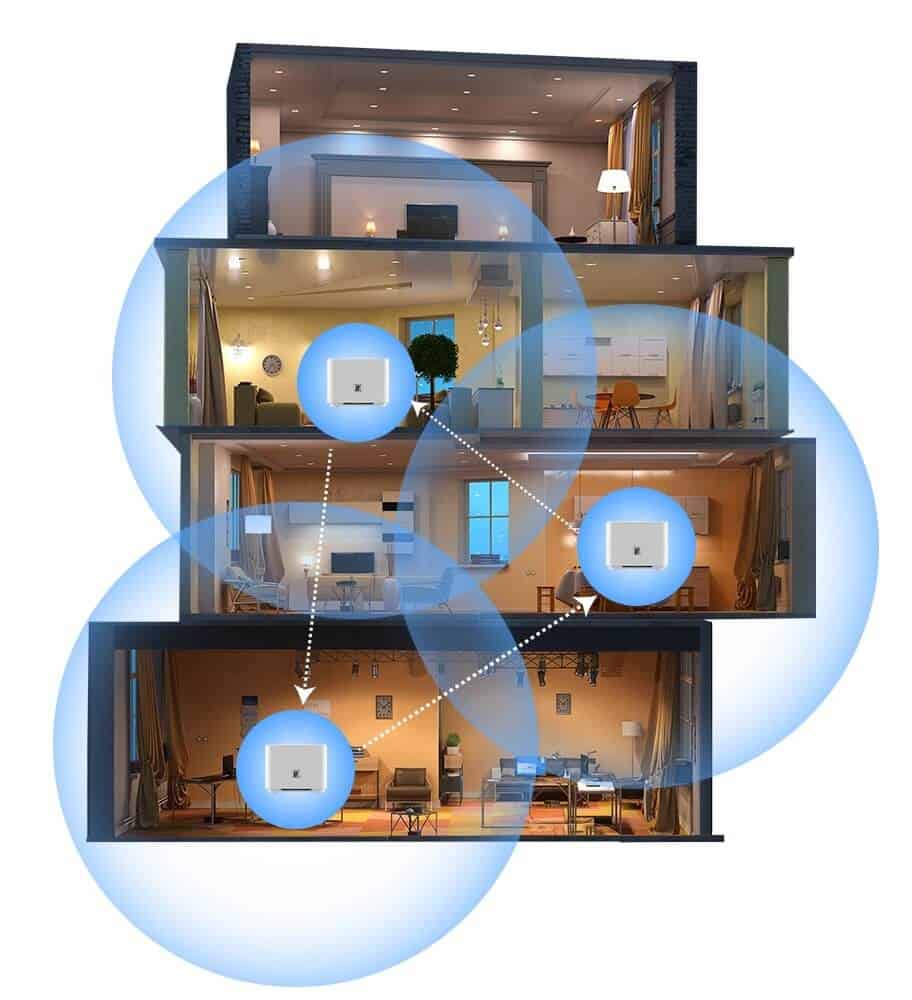
Thank you for following cctvit.net article!


 Tiếng Việt
Tiếng Việt

